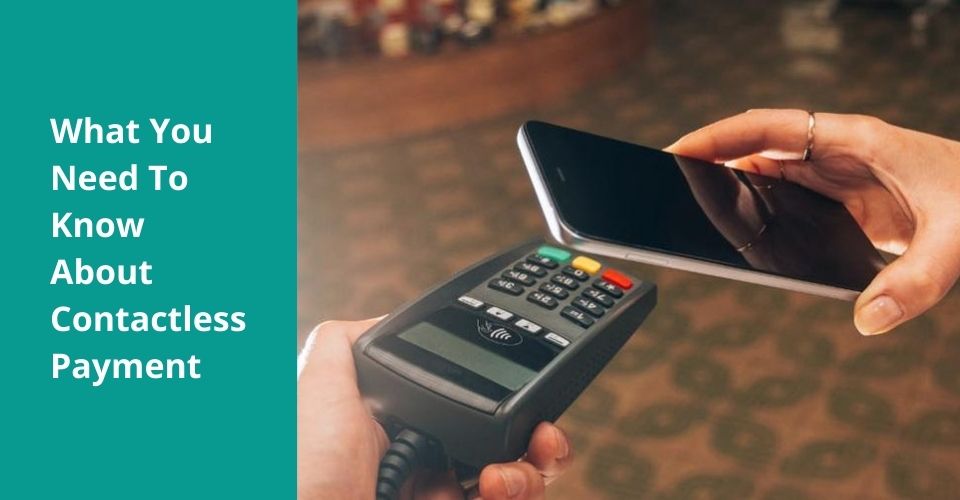The phrase contactless payment refers to a safe method for consumers to purchase items or services by using a debit, credit, smartcard, or other purchase devices. Let’s take a look at some interesting points of this innovative payment method.
Overview
Introduction of contactless payment
History of contactless payment
Contactless payment has been present since the 1990s, although it was only used by a few merchants and shops at the time. It has now grown to encompass thousands of banks, credit card issuers, merchants, and retailers all around the world.
One of the world’s first contactless purchase systems was given by South Korea’s transportation authority in Seoul. The UPass technology, which was first introduced in 1995 and is now known as UPass, allows users to pay for bus rides via a contactless mechanism.
In 1997, Mobil introduced Speedpass, one of the first contactless payment systems, which allowed users to pay for petrol at participating gas stations using a unique fob loaded with cash. After London’s transport agency deployed its prepaid contactless Oyster Card system for transit riders to use on the Underground, contactless technology gained popularity in the United Kingdom.

The adoption of contactless payment in the United States has been sluggish. According to a 2018 research from consulting company A.T. Kearney, this method accounts for over 20% of all transactions in Australia, Canada, South Korea, and the United Kingdom. Meanwhile, the American market is more fragmented due to a large number of shops and banks.
How does it work?
Consumers can use their debit or credit cards with RFID technology, or other payment devices to pay for products and services without having to swipe, enter a personal identification number (PIN), or sign for a transaction. POS terminals with a distinctive sign denoting contactless payment, which is similar to the wifi logo but flipped on its side, are used by merchants who accept this purchase method.

This is how it goes. When the customer’s card is near the contactless payment icon on the terminal, the merchant’s system encourages them to pay. The information is sent to the bank electronically, utilizing data from the chip on the card. The consumer is notified by a buzzer, green light, or checkmark when the system acknowledges the tap. The transaction is finalized once the approval is received.
►►►► Please visit our products: digital banking, situation analysis, Shopify markets, Vietnam Photography Tour, Photography Tour Guide Viet Nam, supply chain operations management, fintech ai, Multi Store POS, Woocommerce POS, Mobile POS, White label POS, POS Reseller, Beauty Supply Store POS, Retail POS and Vape shop POS
What benefits contactless payment can give customers and retailers
For customers
Contactless purchase is a secure payment method that occurs between two devices. Customers do not have to be concerned about bogus transactions. The card does not need to touch any device to use this method. When transmitting sensitive data, NFC technology employs data encryption. This decreases the risk of hackers stealing sensitive data.
During transactions, customers may keep track of their loyalty points and prizes. When shopkeepers utilize the e-payment option, some banks may give back cash. That is why many retailers have contributed to customer satisfaction by using ConnectPOS since its PWA Consumer App can create a smooth shopping experience and offer loyalty points.
For retailers
The most significant benefit of contactless payment systems is their speed. As a business, you no longer have to worry about double-checking the change returned to consumers. This makes cash management easier. Moreover, during high sales periods, retailers can take more payments. Without needing to recruit more workers, businesses can cut delays.
Conclusion
Retailers who wish to enhance their customer service might think about switching to contactless payment methods. So if you’ve never used an e-payment smartphone or shopping card, call us to figure it out immediately.

